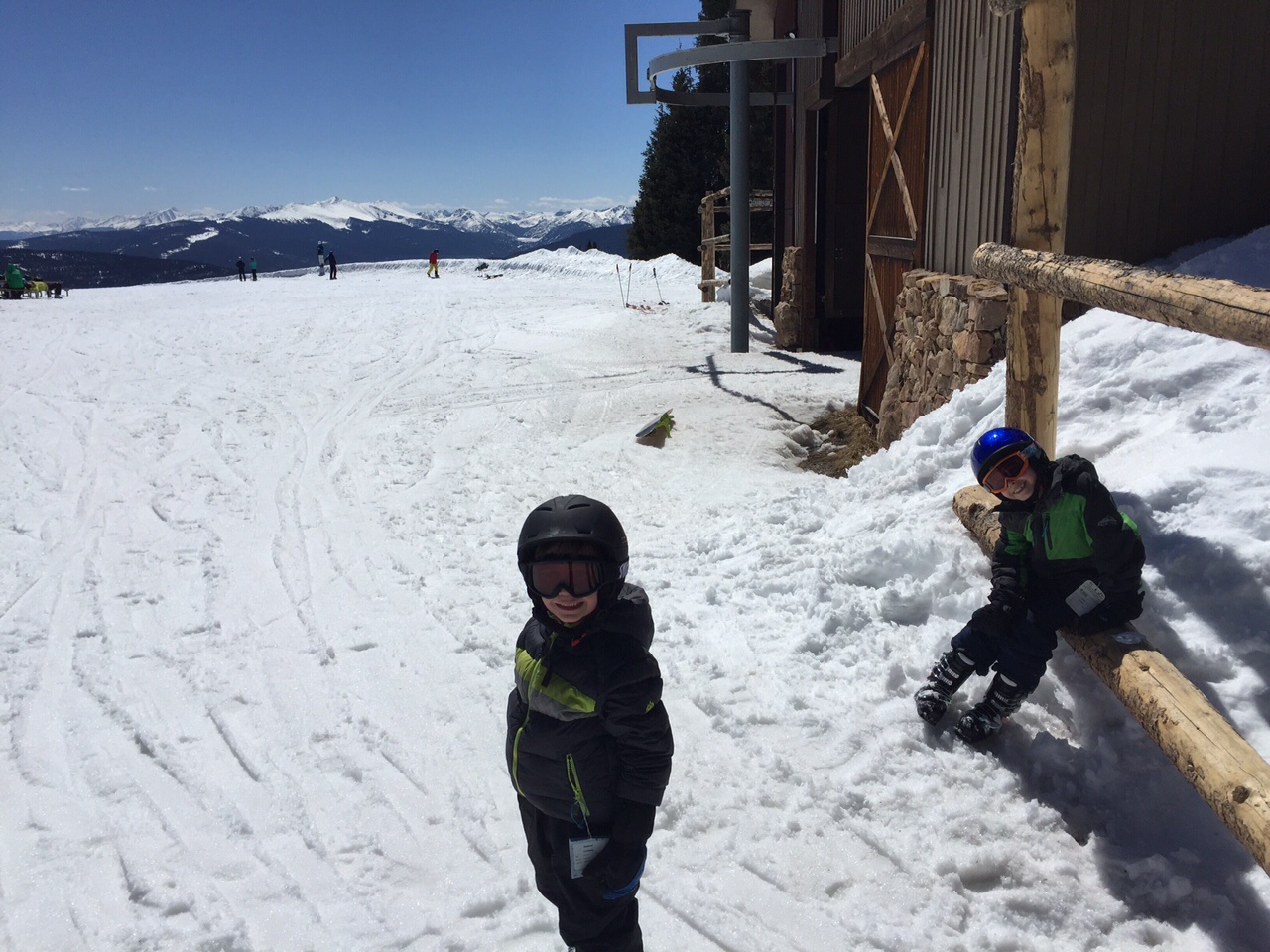 In my post on being creative on demand, I mentioned the goal of getting to a place where most of your work is stuff that challenges and satisfies you. Today I want to elaborate on building a career that lets you be in it for the long haul. LeUyen Pham, the artist who I mentioned in that post, had told me for What the Most Successful People Do at Work that when her friends started having kids, many had identity crises of sorts, pondering whether their work was worth the time they put into it. Because she loved what she did, and felt so challenged and satisfied by it, she didn’t have that same debate.
In my post on being creative on demand, I mentioned the goal of getting to a place where most of your work is stuff that challenges and satisfies you. Today I want to elaborate on building a career that lets you be in it for the long haul. LeUyen Pham, the artist who I mentioned in that post, had told me for What the Most Successful People Do at Work that when her friends started having kids, many had identity crises of sorts, pondering whether their work was worth the time they put into it. Because she loved what she did, and felt so challenged and satisfied by it, she didn’t have that same debate.
[I think that truly loving what you do may be the secret ingredient in having it all. But perhaps that is a topic for a different post.]
Given that early retirement isn’t in the cards for most people, creative types included, I think it’s worth pondering how you can build something that is compelling enough to compete with the myriad other amazing things you can do with your time.
The key realization is that the human brain doesn’t like boredom. You’d think easy work would be pleasant, but that’s not true. The philosophy of Flow teaches us that people are happiest when engaged in work that is difficult but doable. It is right at the edge of your capabilities.
It’s challenging to make a living in a creative field such as writing, art, music, dance. Consequently, when work starts coming to you, you want to rejoice. It’s easier not to ponder if a well-funded project, offered up on a platter, is the right thing to be doing. If it becomes easy and brainless after a certain point, all the better. That’s more money in less time with less effort. Score.
I’m not saying you shouldn’t do those projects. We all have to pay our bills. But don’t only do these projects. You should leave adequate mental space for things that are new and intriguing. People who are in it for the long haul maintain identities as nimble students of the discipline. You keep a rookie mindset. You are still learning.
That’s one of the reasons I decided to keep editing and ultimately publish my novel, The Cortlandt Boys. Trust me, I enjoy writing about time management and productivity. In some ways, that topic was an arranged marriage for me. We came together for economic reasons. It was something I enjoyed writing about that people would pay for. Over the years, we’ve grown to love each other. I am figuring out ways to continue to challenge myself while writing about the topic, such as doing the original research I did for I Know How She Does It. Nonetheless, time management is not all I am interested in. So I take time to write speculative, experimental fiction that I have no idea if anyone else will want to read. I do this because I want to read it and I want to write it. I want to be gentle with any writing talent I might have. In the long run, if I want this aspect of myself to perform at its peak, I need to keep it happy.
There are other things I’d like to do too. I’d like to create a short collection of sonnets. Iambic pentameter forces thought! It’s like weight training for a writer. I’m also trying to spend reading time on whatever intrigues me. While reading Adeline recently, I remembered that I hadn’t read The Waves (Virginia Woolf’s book). Since Adeline talks of Woolf viewing that as the peak of her writing prowess, I ordered it. Then I remembered that I hadn’t read The Hours, Michael Cunningham’s treatment of Mrs. Dalloway. Also, I could do my annual re-reading of To The Lighthouse. It’s been a bit since I’ve read Orlando. My writing self is looking forward to this project.
To be sure, there are trade offs. Time spent re-reading novels or conjuring up 14 lines of 10 syllables is time not spent drumming up time management workshops, which pay much better than anything likely to come out of my sonnets. But if I’m going to be in it for the long haul, I need to carefully navigate around the shoals of burn out during this busy season of life. That is the only way I will emerge on the other side.
